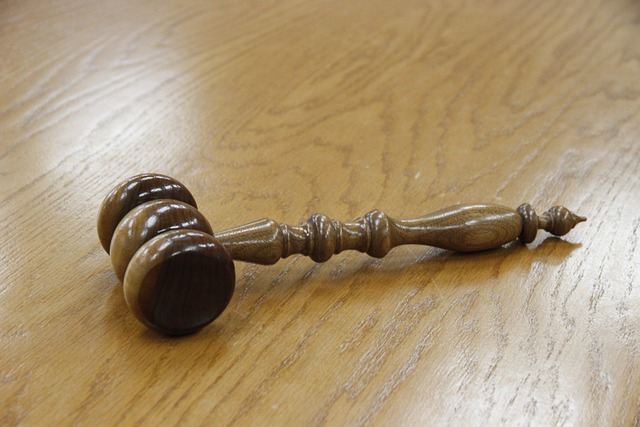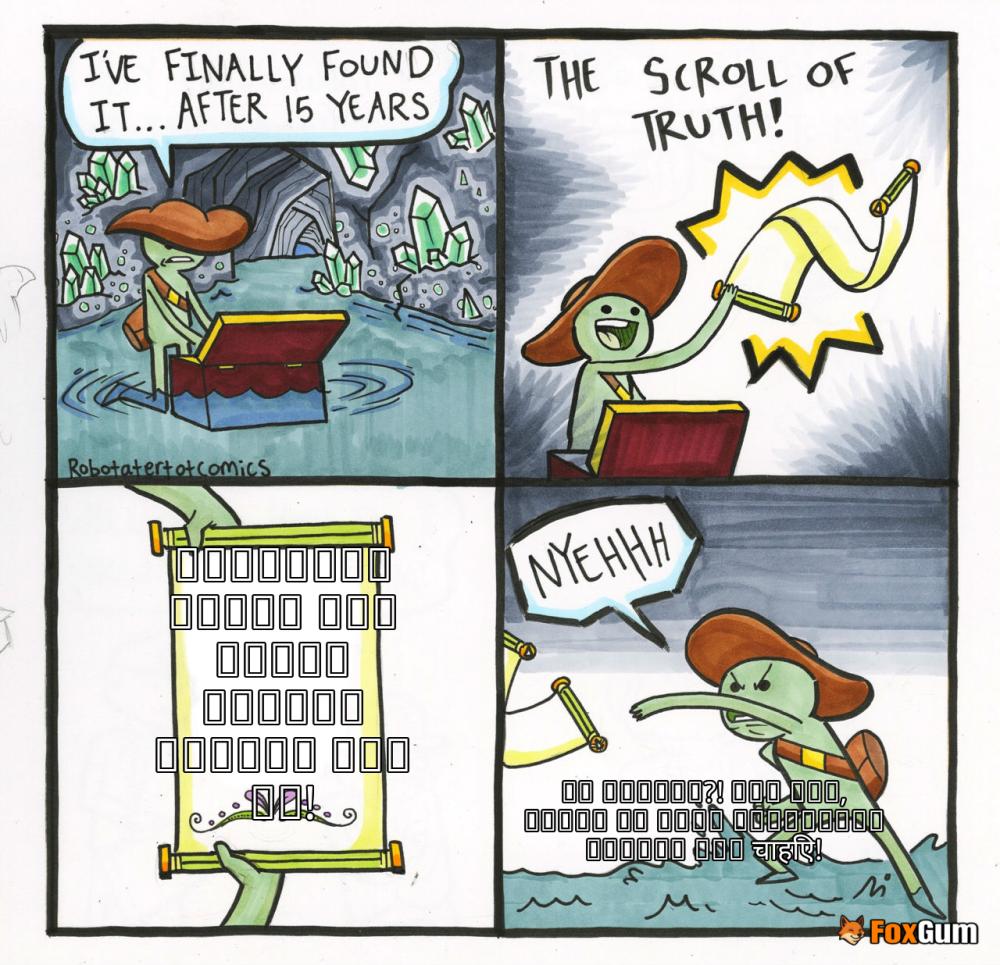
Conservatorship and Power of Attorney
When it comes to making important decisions for someone who can no longer manage their affairs, two legal arrangements often come into play: conservatorship and power of attorney. Both serve similar purposes, but they differ significantly in how they’re established, the authority they grant, and when they’re most appropriate. Let’s break it down! 🧐
What is Power of Attorney?
Power of attorney (POA) is a legal document that allows an individual (the principal) to appoint someone else (the agent) to make decisions on their behalf. This can include financial matters, healthcare decisions, or even legal actions. A key feature of POA is that it can be revoked by the principal at any time, as long as they are mentally competent to do so.
What is Conservatorship?
On the other hand, a conservatorship is a legal arrangement established by a court. It is typically used when an individual is unable to manage their own affairs due to age, illness, or disability. In this case, the court appoints a conservator to make decisions for the individual, which can cover both financial and personal matters. Unlike POA, conservatorship cannot be revoked by the individual—it’s a more formal and often more restrictive arrangement.
Key Differences
- Establishment: Power of attorney is created through a document signed by the principal, while conservatorship requires a court hearing and approval.
- Authority: A POA can be broad or limited, depending on the principal's wishes. Conservatorship grants the conservator full authority to make decisions for the individual.
- Revocation: A principal can revoke a POA as long as they are mentally competent. In contrast, a conservatorship cannot be revoked in the same manner; it requires a court process to terminate.
- When to Use: POA is often suitable for individuals who are still capable of making decisions but need assistance. Conservatorship is typically used when an individual is no longer able to make decisions for themselves.
When to Consider Each Option
Choosing between conservatorship and power of attorney can be challenging. If you’re considering these options for a loved one, think about their current mental capacity and the level of assistance they need. If they can still make decisions but require help, a power of attorney might be the best route. However, if they are unable to make decisions at all, conservatorship may be necessary.
Conclusion
Understanding the distinction between conservatorship and power of attorney is crucial for families facing difficult decisions about caring for loved ones. It’s always a good idea to consult with a legal professional to determine the best course of action based on individual circumstances. Remember, these arrangements are about ensuring that the best interests of the individual are prioritized. 🌟

















 Legal Disputes
Legal Disputes 
 Health
Health  Fitness
Fitness  Lifestyle
Lifestyle  Tech
Tech  Travel
Travel  Food
Food  Education
Education  Parenting
Parenting  Career & Work
Career & Work  Hobbies
Hobbies  Wellness
Wellness  Beauty
Beauty  Cars
Cars  Art
Art  Science
Science  Culture
Culture  Books
Books  Music
Music  Movies
Movies  Gaming
Gaming  Sports
Sports  Nature
Nature  Home & Garden
Home & Garden  Business & Finance
Business & Finance  Relationships
Relationships  Pets
Pets  Shopping
Shopping  Mindset & Inspiration
Mindset & Inspiration  Environment
Environment  Gadgets
Gadgets  Politics
Politics 